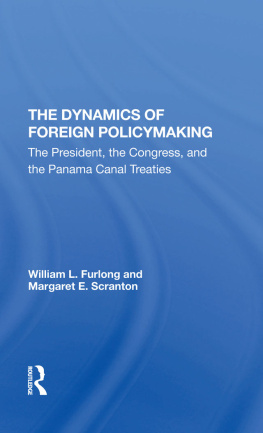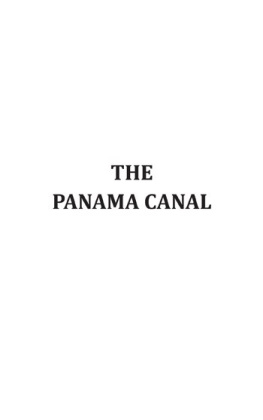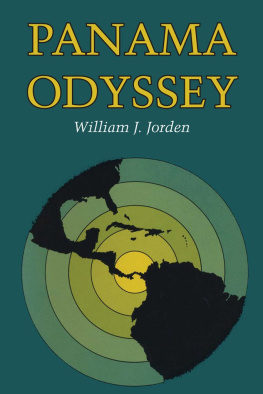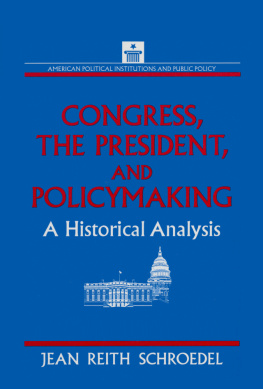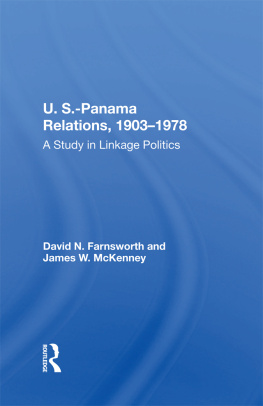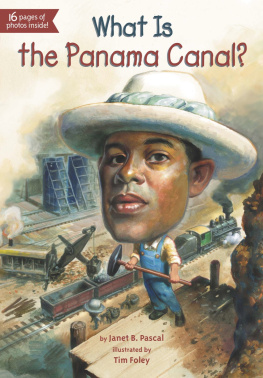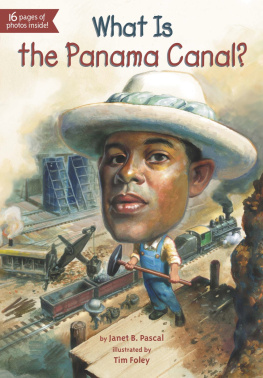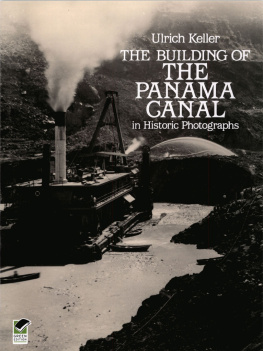THE DYNAMICS OF FOREIGN POLICYMAKING
Westview Replica Editions
The concept of Westview Replica Editions is a response to the continuing crisis in academic and informational publishing. Library budgets for books have been severely curtailed. Ever larger portions of general library budgets are being diverted from the purchase of books and used for data banks, computers, micromedia, and other methods of information retrieval. Interlibrary loan structures further reduce the edition sizes required to satisfy the needs of the scholarly community. Economic pressures on the university presses and the few private scholarly publishing companies have severely limited the capacity of the industry to properly serve the academic and research communities. As a result, many manuscripts dealing with important subjects, often representing the highest level of scholarship, are no longer economically viable publishing projectsor, if accepted for publication, are typically subject to lead times ranging from one to three years.
Westview Replica Editions are our practical solution to the problem. We accept a manuscript in camera-ready form, typed according to our specifications, and move it immediately into the production process. As always, the selection criteria include the importance of the subject, the work's contribution to scholarship, and its insight, originality of thought, and excellence of exposition. The responsibility for editing and proofreading lies with the author or sponsoring institution. We prepare chapter headings and display pages, file for copyright, and obtain Library of Congress Cataloging in Publication Data. A detailed manual contains simple instructions for preparing the final typescript, and our editorial staff is always available to answer questions.
The end result is a book printed on acid-free paper and bound in sturdy library-quality soft covers. We manufacture these books ourselves using equipment that does not require a lengthy make-ready process and that allows us to publish first editions of 300 to 600 copies and to reprint even smaller quantities as needed. Thus, we can produce Replica Editions quickly and can keep even very specialized books in print as long as there is a demand for them.
About the Book and Authors
The Dynamics of Foreign Policymaking: The President, the Congress, and the Panama Canal Treaties
William L. Furlong and Margaret E. Scranton
Negotiations and ratification of the 1977 Panama Canal Treaties were major events in the making and conduct of U.S. foreign policy. Beginning in 1973, the negotiations spanned three administrations, and the ratification process dominated the first year and a half of the Carter presidency.
This book explains the making of the Canal Treaties, looking at the interaction of executive and congressional policymaking, the domestic politics of the ratification campaign, and the international dynamics of superpower-small power relations. After presenting a brief history of the Canal and U.S.-Panama negotiations, the authors consider the executive branch's impact on the conduct of the treaty negotiations, comparing the administrations of Presidents Nixon, Ford, and Carter according to their opportunities for action, their initiatives and pressure toward resolution, their relationships with the bureaucracy (the Defense and State departments) and Congress, and their commitment to conclude the negotiations. Drs. Furlong and Scranton then turn to the ratification process and discuss how innovative action taken by the Senate will likely affect future treaty approval. Particularly important in their treatment of foreign policymaking is the central, but seldom analyzed, role of the House of Representatives.
William L. Furlong is associate professor of political science at Utah State University. Margaret E. Scranton is associate professor of political science at the University of Arkansas at Little Rock.
The Dynamics of Foreign Policymaking
The President, the Congress, and the Panama Canal Treaties
William L. Furlong and Margaret E. Scranton
First published 1984 by Westview Press, Inc.
Published 2019 by Routledge
52 Vanderbilt Avenue, New York, NY 10017
2 Park Square, Milton Park, Abingdon, Oxon OX14 4RN
Routledge is an imprint of the Taylor & Francis Group, an informa business
Copyright 1984 Taylor & Francis
All rights reserved. No part of this book may be reprinted or reproduced or utilised in any form or by any electronic, mechanical, or other means, now known or hereafter invented, including photocopying and recording, or in any information storage or retrieval system, without permission in writing from the publishers.
Notice:
Product or corporate names may be trademarks or registered trademarks, and are used only for identification and explanation without intent to infringe.
Library of Congress Catalog Card Number 84-50032
ISBN 13: 978-0-367-29139-6 (hbk)
- Map of Panama
- Panama Canal Locks
The 1980s appear to be a decade of conflict and confrontation in U.S. foreign affairs, especially in our relations with Latin America. The process of resolution and a legacy of decades of popular grievances in Central America dominate the news, and the relative merits of conciliatory or confrontational approaches to the region are the subject of lively debate among scholars and policymakers. Thus current and successive administrations face the task of redefining U.S. national interests in an uncertain and increasingly unmalleable environment. In this context, the 1977 Panama Canal treaties stand out as an example of successful bilateral problem-solving and the use of negotiations as an instrument of U.S. foreign policy. Moreover, these negotiations, undertaken in the absence of a severe crisis or violences, proved to be a successful application of preventive rather than reactive diplomacy.
This book is about the politics and processes of negotiating and ratifying the 1977 Panama Canal treaties. Our focus is on the two principal institutions involved in U.S. foreign policymaking: the executive and the legislative. We trace the evolution of the 1977 treaties from their initiation in 1973 through their implementation as of late 1983.
We found the Panama Canal treaties to provide a valuable vantage point for exploring the dynamics of U.S. foreign policy. The interests of the United States in Panama and the Canal have always been related to broader foreign policy goals and doctrines. Moreover, Canal policy has traditionally been related to trends at home and abroad that either promoted or, more often, precluded an accommodative response to Panama's grievances. Since our analysis of Canal policy spans a decade, 1973-1983, our study relates these broader trends and developments to U.S. objectives and actions on this single issue.
The politics of changing foreign policy is a major theme of our analysis. As an issue, Panama Canal policy represents a symbolically charged and highly controversial problem for the United States to resolve. Like other divisible issues which open the policy process to unusually high levels of public attention, Canal policy fully taxed the capacities of the executive and the Congress to exercise their constitutional powers and to respond concurrently to legitimate Panamanian grievances and contradictory domestic pressures and preferences. Moreover, both branches had to manage the divisive effects of advocacy and resistance to change in Canal policy at the same time that they were engaged in the broader talks of redefining the meaning of national security in a changing world. The years 1973-1983 were marked by rapid and significant changes abroad. By focusing on policymaking for one issue throughout this decade, our study demonstrates the political challenges that face any administration that attempts to make fundamental changes in a well-established external relationship. These challenges have been compounded by developments at home, including internal reforms in Congress, the rise of the New Right as an influence on foreign policy, and the emergence of a fragmented consensus, with elite opinion divided over the merits of cold war doctrine versus dtente. These challenges are aptly illustrated by the case of the 1977 Panama Canal treaties, which narrowly missed defeat by the Senate in one of the longest and most difficult ratification processes in U.S. history.


